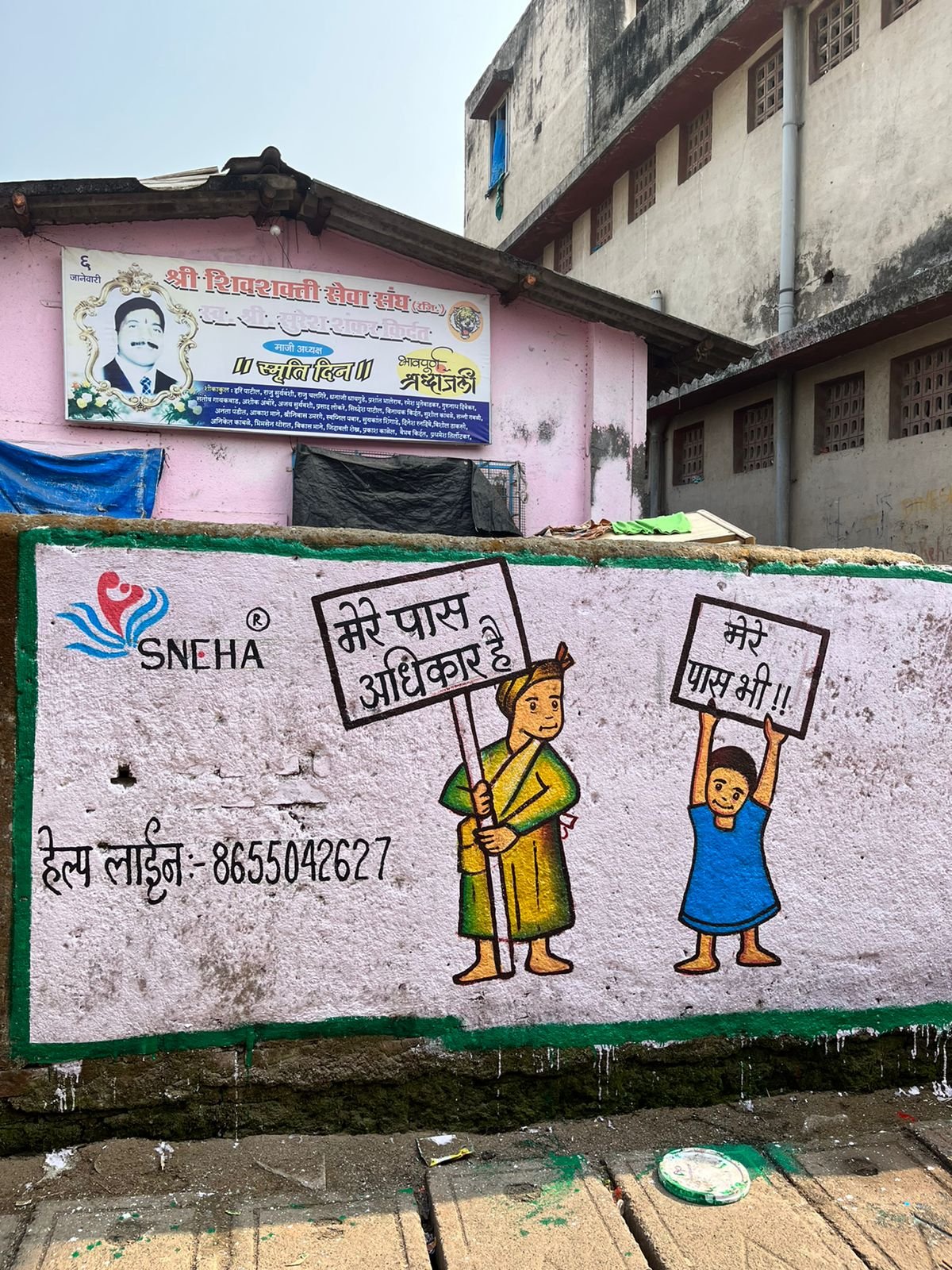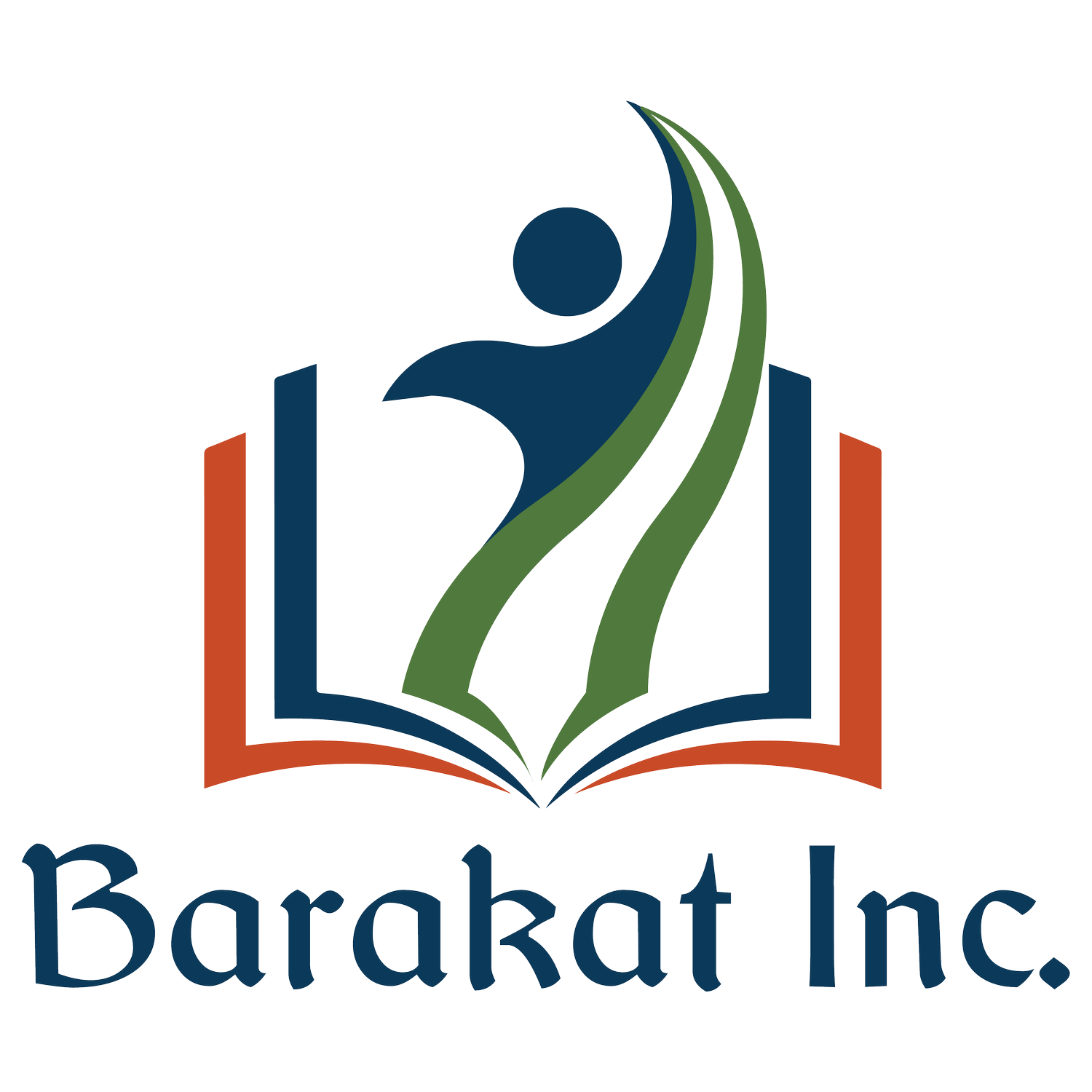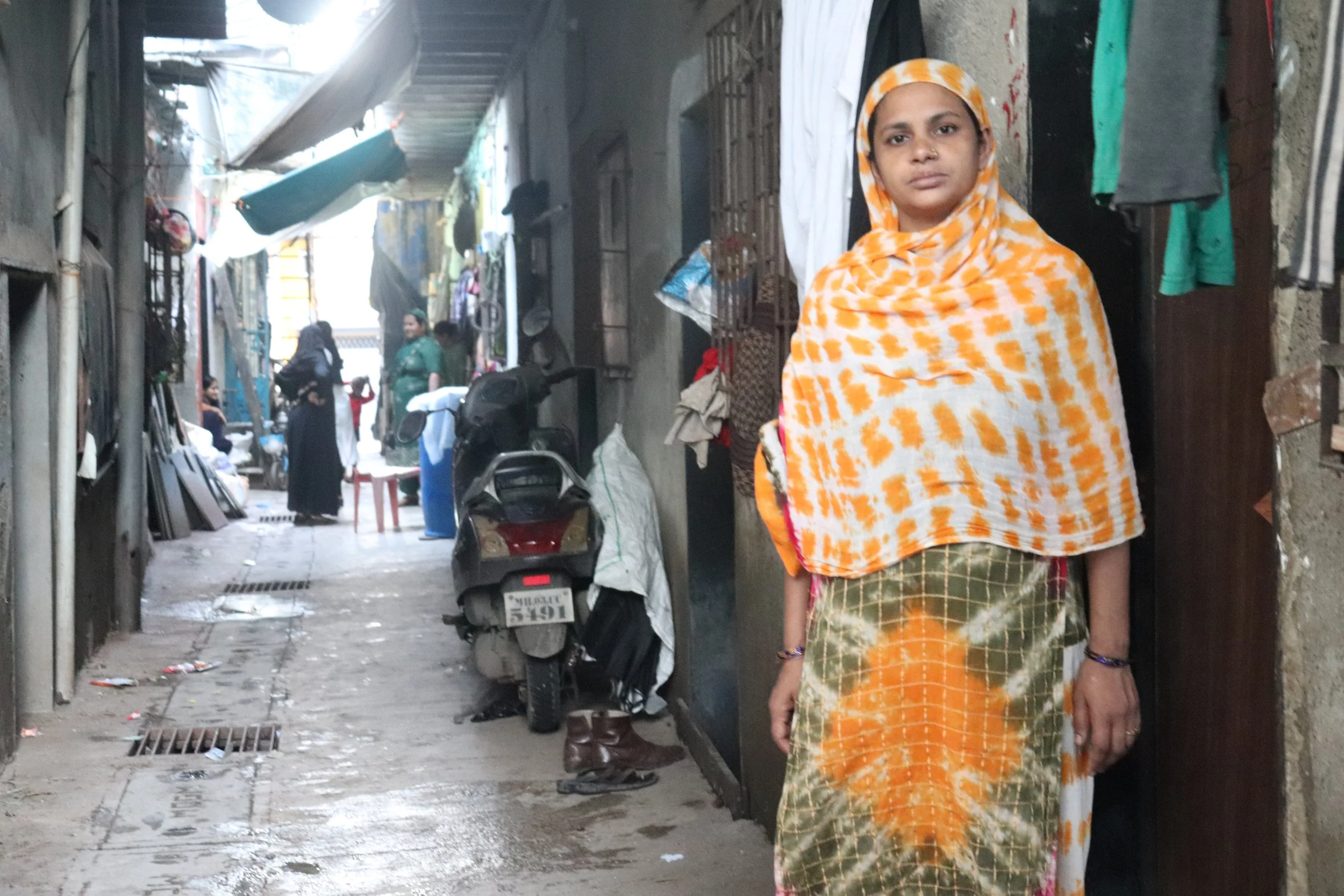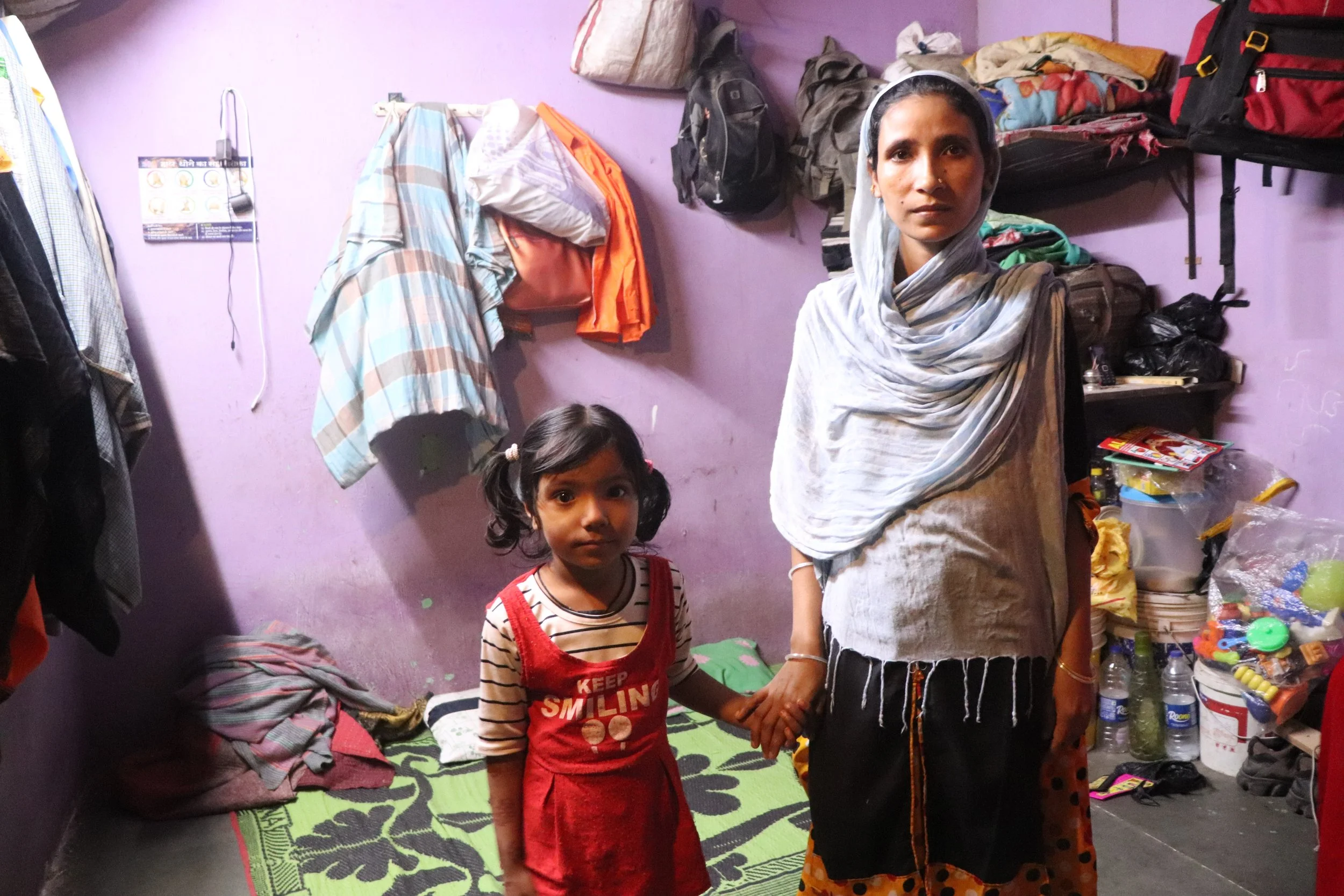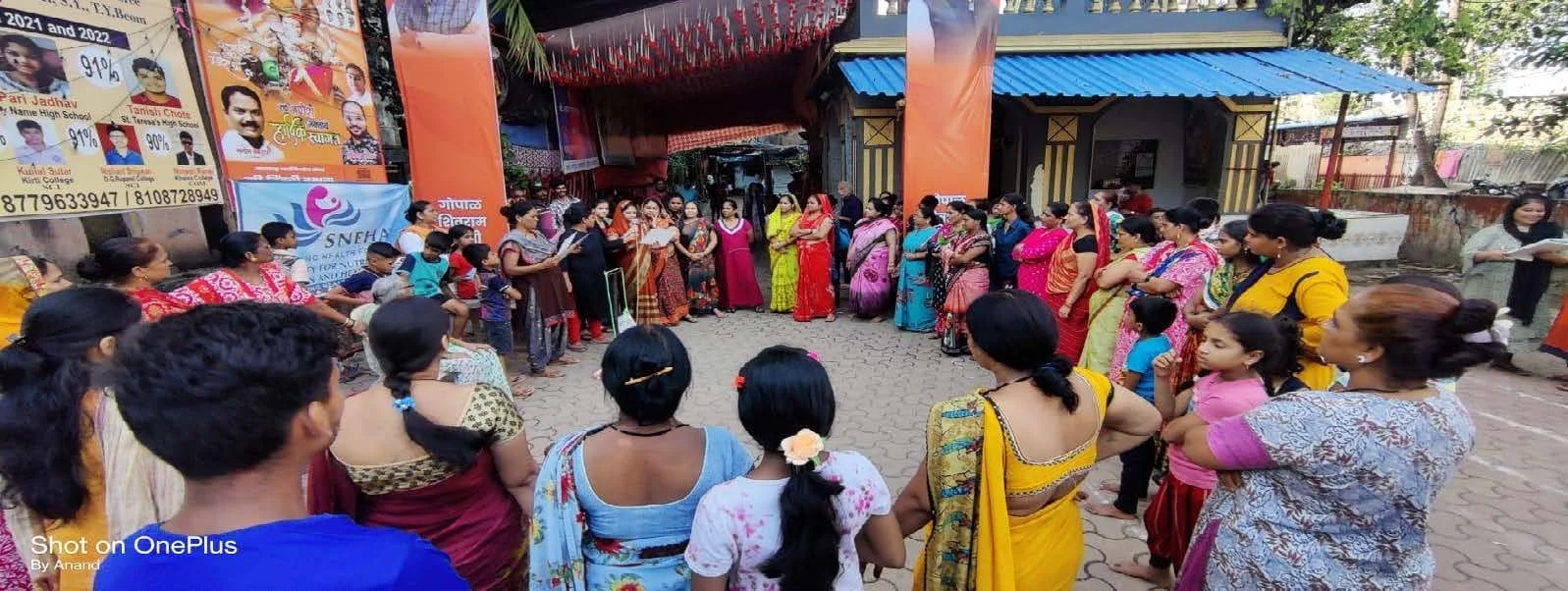SNEHA
was founded in the year 1999 by neonatologist Dr. Armida Fernandez who had been working in the low income settlements of Mumbai. The organization took shape with the aim of sustainably improving nutritional and health outcomes for all mothers and infants in these areas. Instead of looking to introduce stop-gap measures, SNEHA has consistently striven to find long-term solutions to problems. While the organization started with an agenda to improve materal and child health; it quickly moved on to public system partnership in order to ensure that government bodies were trained and responsive partners in the common goal of public health.
In the year 2000 the Center for Prevention of Violence against Women & Children was established because the health and well being of women includes not just protection from illness and malnutrition, but also protection from all forms of abuse. While violence against women and girls is a globally pervasive concern; in India, this violence is hugely pervaise and cuts across class, caste, cultural and geographical boundaries.
Pictures on this page are from SNEHA & for representational purposes only.
Teaching communities zero tolerance for gender-based violence
Location of Project:
State: Maharashtra
District: Mumbai (Mumbai city and Mumbai suburban)
Wards: G/North (Dharavi) and M/East (Govandi) of the Municipal Corporation of Greater Mumbai
Dharavi is a locality in Mumbai, Maharashtra, India, considered to be one of Asia's largest slums. Dharavi has an area of just over 2.1 square kilometres (0.81 sq mi; 520 acres) and a population of about 1,000,000. With a population density of over 277,136/km (717,780/sq mi), Dharavi is one of the most densely populated areas in the world.
History of the Project:
SNEHA’s GBV (Gender Based Violence) work has been going for more than 20 years at the Dharavi location. In Govandi, they have been working for 13 years.
Azim Premji Philanthropic Initiatives has supported the project with two previous grants, each grant for a three-year period.
The first grant was from 2015 to 2018 on counselling and primary prevention interventions on violence against women and children.
The second grant was from 2018 to 2021 on Gender Matters: Intersections of Violence against Women and Mental Health.
This long-running project is being simultaneously evaluated by the Institute for Global Health in London (https://www.ucl.ac.uk/global-health/research/z-research/sneha-tara-trial).
Current Project:
The current project from 2022 to 2025 will also be its culimation. It aims to create an internal resistance to violence (in houses and on the street) among the slum-dwellers so that they are no longer willing to tolerate violence upon girls and women in their midst.
Awareness raising, legal consequences as well as social deterrents like public pressure and shaming of perpetrators are all part of strategies being used.
The project envelops 20,000 households. Work will be done in 4 clusters - 2 in Govandi and 2 in Dharavi - each comprising 5000 households.
This self-sustaining model of community stewardship hinges on community groups (known as gats), women volunteers (known as sanginis), men volunteers (known as mitras) and other community members taking collective action towards prevention and redressal of violence.
They are supported in this endeavor by SNEHA’s staff, in-house lawyers and clinical psychologists present at the two Counseling Centers located in Dharavi and Govandi.
The project is running simultaneous Primary, Secondary and Tertiary Components over the three years. In the Primary Component, community volunteers are given training; in the Secondary Component increasing outreach and creating spaces for the community on this issue; in the Tertiary component providing both psycho-social help and litigation services, as required.
At the end of three years, the project will meet the following aims:
2400 gender-based violence survivors supported by the project
1760 gender-based violence survivors received immediate services by sanginis
960 gender-based violence survivors provided legal guidance by sanginis
1260 collective actions carried out by women's gats on civic issues and gender-based violence
280 collective action carried out by men's gats on civic issues and gender-based violence
12 projects prepared with budget for implementation by the community members and 32 community members take this process forward as Vigilance Committee Members
2 community-based counselling centres functional in Dharavi and Govandi being run by community volunteers
